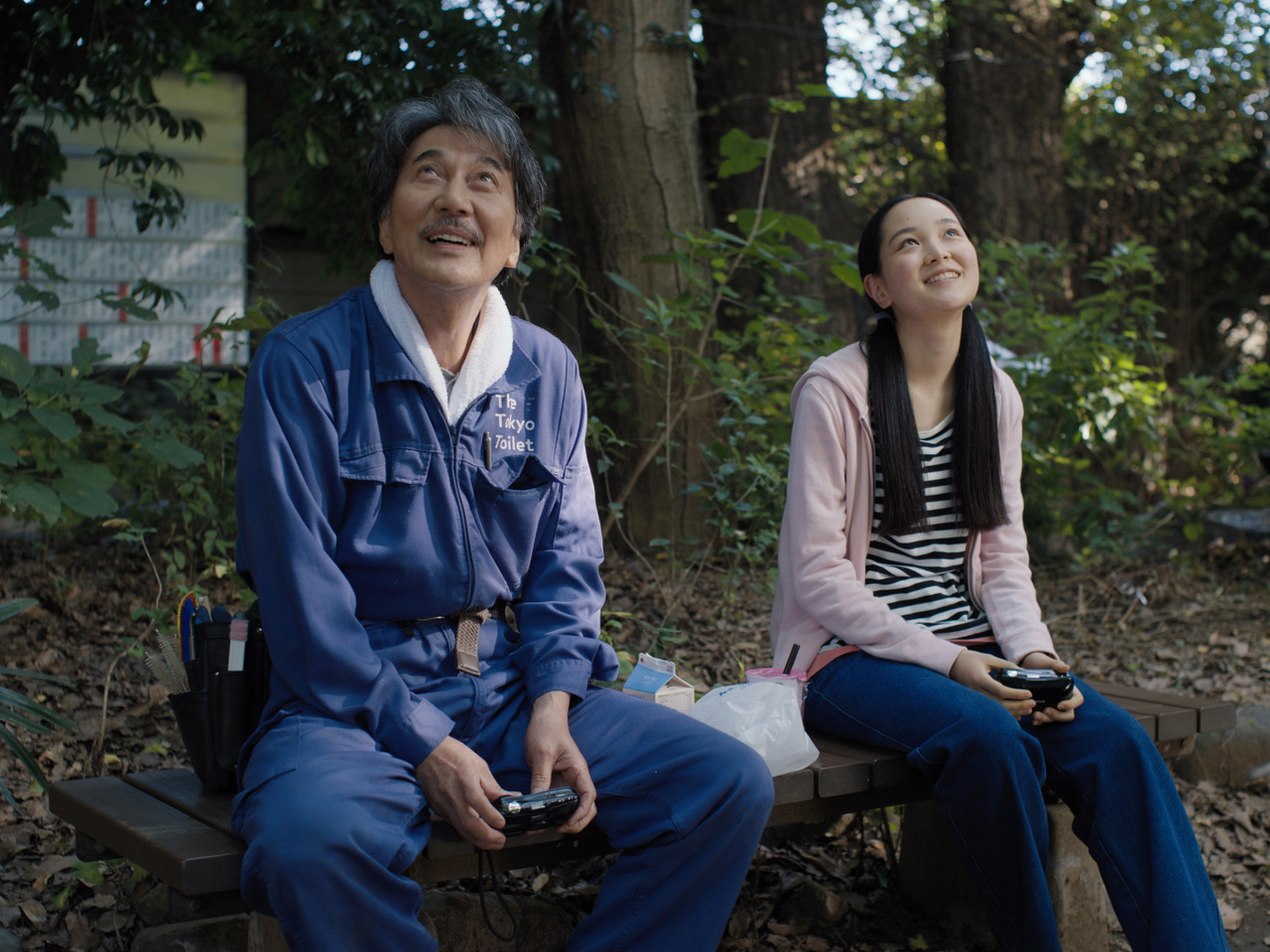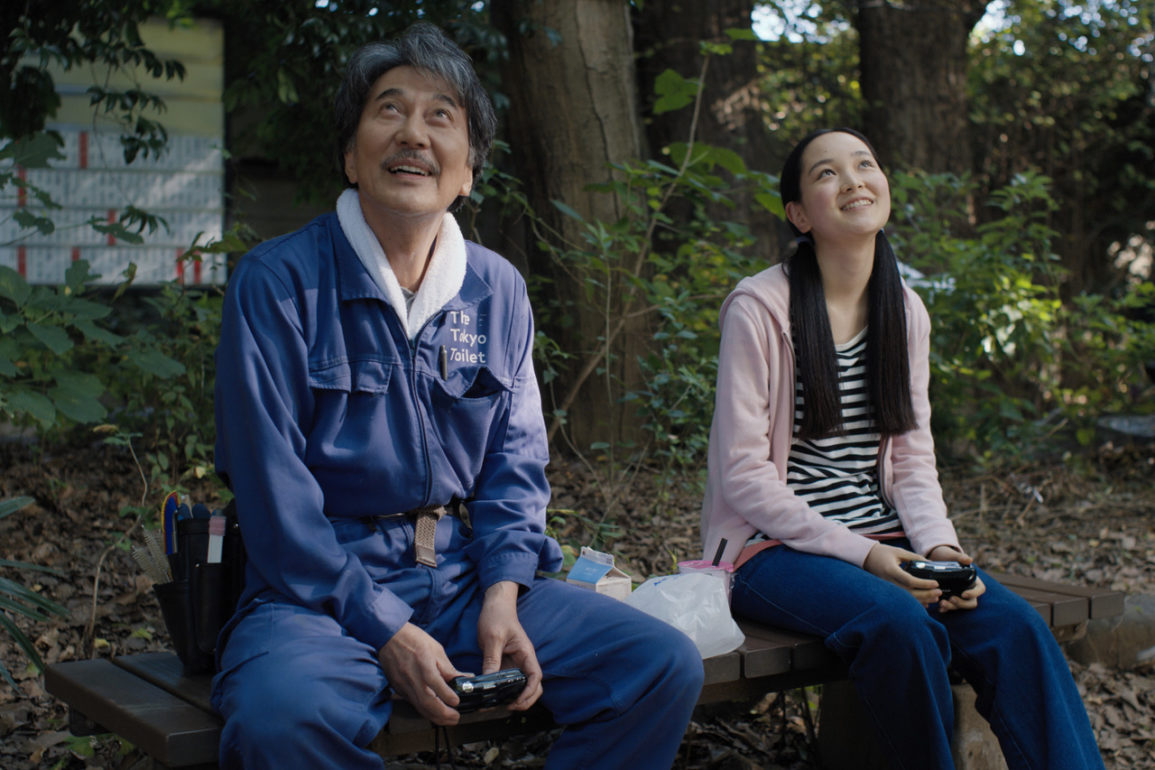When you consider it for a moment, the comfort zone is such a disproportionately depicted concept in film. For the majority of us, it’s a huge part of life that often dictates how the vast majority of our days play out. And yet, from a story-telling perspective, it rarely makes an appearance, at least not for very long, as it’s the moments of excitement and inspiration outside of the daily routine that really capture our imaginations.
But with his latest film, Perfect Days, long-time director Wim Wenders channels his empathetic touch and knack for patiently evolving narratives to tap into the comfort zone brilliantly.
Set not in Wender’s native Germany but in the vast megapolis of Japan’s capital, Tokyo (the second star of the film), we follow the incredibly reserved toilet cleaner Hirayama, played fantastically in a Cannes award-winning performance by Koji Yakusho.
Hirayama’s daily life is simple but weirdly relaxing: He wakes up early, methodically tends to his house plants, always ensures to pick up a coffee from a nearby vending machine, and despite working as a toilet cleaner, still embodies the inherently Japanese concept of mastering one’s craft.
Watching someone’s rather mundane daily life shouldn’t be so entertaining. Yet, Wenders, alongside editor Toni Froschhammer, really manage to develop something enticing and engaging out of the relaxed pacing, our lead’s daily rituals portrayed with such honesty and rhythm that it feels easy to slip into this slice-of-life. Especially when set in a city as beautiful and efficient as Tokyo.
As the week progresses, divergences from his established routine begin to trickle in. Through these minor but beautiful interruptions, we’re reminded what a detriment comfort zones can sometimes be as Hirayama begins to realise what’s missing in his life. One such scene, involving a coworker’s crush and a Patti Smith cassette tape is a particular highlight. Though these moments of quiet revelation are unlikely to enrapture many general audiences, they make for a more measured film as opportunities for melodrama are delicately approached instead.









